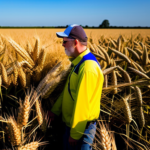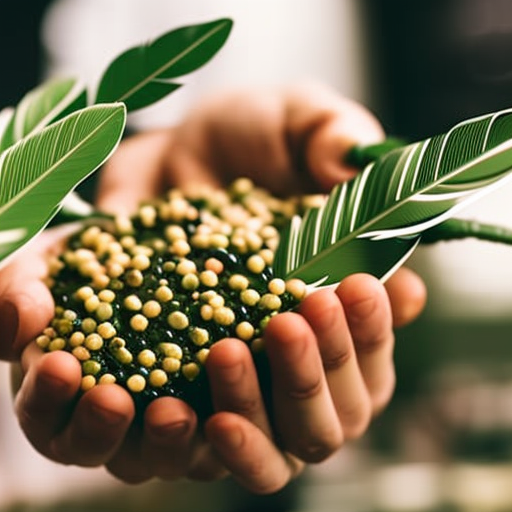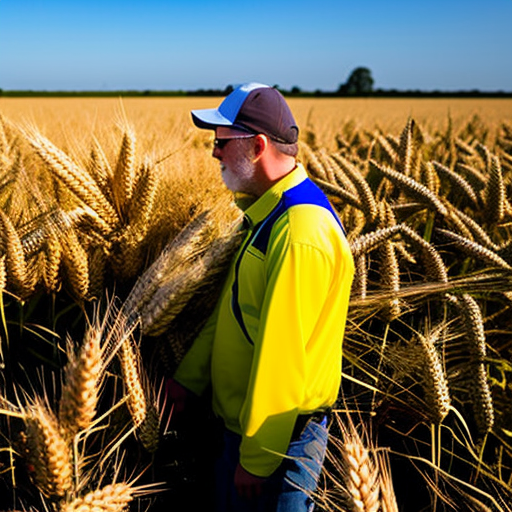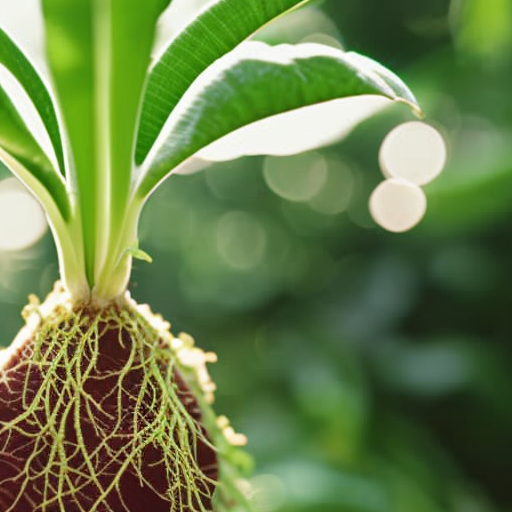Poultry Science: Understanding the Science behind Poultry Production
Poultry science is a branch of animal science that focuses on the study of poultry, including chickens, turkeys, ducks, and other domesticated birds. It encompasses various aspects of poultry production, including breeding, nutrition, health, and management practices. This field of study plays a crucial role in ensuring the efficient and sustainable production of poultry products to meet the growing global demand for poultry meat and eggs.
Poultry Breeding
Poultry breeding involves the selection and mating of birds to produce offspring with desirable traits. This process aims to improve traits such as growth rate, feed efficiency, disease resistance, and egg production. Breeders use various techniques, including artificial insemination and genetic selection, to achieve desired genetic improvements in poultry populations. The ultimate goal is to develop birds that are well-suited for commercial production, ensuring high-quality meat and eggs.
Poultry Nutrition
Proper nutrition is essential for the growth, health, and productivity of poultry. Poultry diets are formulated to provide the necessary nutrients, including proteins, carbohydrates, fats, vitamins, and minerals, in the right proportions. Nutritionists consider factors such as age, breed, production goals, and environmental conditions when formulating diets. They also explore alternative feed sources, such as plant by-products and insect protein, to improve sustainability and reduce feed costs.
Poultry Health
Maintaining the health of poultry is crucial for ensuring optimal production. Poultry diseases can have a significant impact on flock performance and profitability. Poultry health professionals work to prevent and control diseases through vaccination programs, biosecurity measures, and proper management practices. They also conduct research to develop new vaccines, diagnostic tools, and treatment strategies to combat emerging diseases and improve overall flock health.
Poultry Management
Effective management practices are essential for successful poultry production. Poultry managers oversee various aspects, including housing, ventilation, lighting, and waste management. They ensure that birds have access to clean water, appropriate temperature, and proper lighting conditions. Good management practices also involve monitoring flock behavior, implementing biosecurity measures, and optimizing production efficiency. Poultry managers use technology and data analysis to make informed decisions and improve overall flock performance.
Poultry Welfare
Poultry welfare is a critical aspect of poultry science, focusing on the ethical treatment and well-being of birds. It involves providing birds with appropriate housing, nutrition, and healthcare to ensure their physical and behavioral needs are met. Poultry scientists study bird behavior, stress responses, and environmental enrichment to develop guidelines and regulations that promote the welfare of poultry.
Poultry and the Environment
The poultry industry is increasingly focusing on sustainable practices to minimize its environmental impact. Poultry scientists work on developing technologies and management strategies to reduce resource use, minimize waste generation, and mitigate environmental pollution. This includes exploring alternative energy sources, improving waste management systems, and implementing efficient production practices that reduce greenhouse gas emissions.
In conclusion, poultry science plays a vital role in the efficient and sustainable production of poultry products. It encompasses various disciplines, including breeding, nutrition, health, management, welfare, and environmental sustainability. By understanding the science behind poultry production, researchers and industry professionals can work together to improve productivity, animal welfare, and environmental sustainability in the poultry industry.












